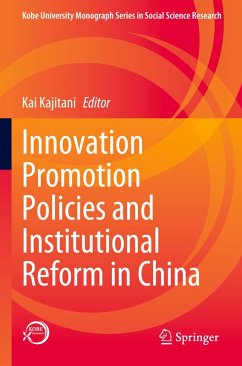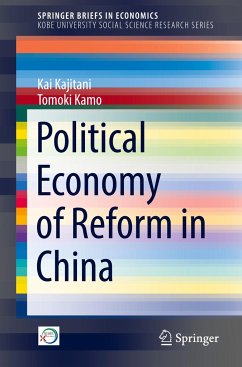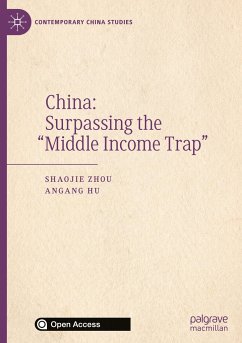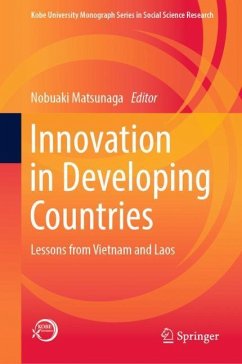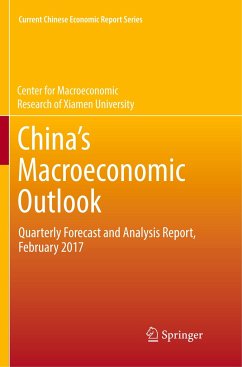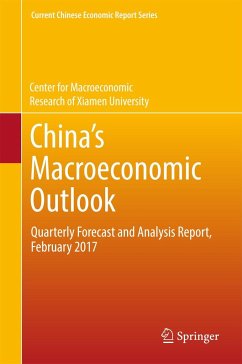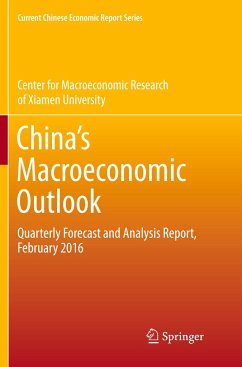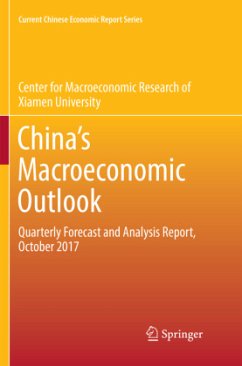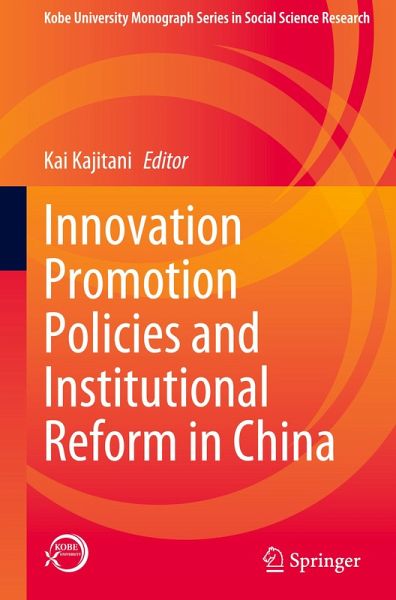
Innovation Promotion Policies and Institutional Reform in China

PAYBACK Punkte
61 °P sammeln!
This book focuses on the political economy behind innovation in China's new industrial sectors, particularly the effects of policies and government regulation in the absence of the rule of law. In its analysis, the book aims to elucidate the mechanisms that generate innovation from multiple perspectives while utilizing insights from political science and law. The analysis in this book focuses on the following three points. First, by examining Guizhou Province's Big-data industry promotion policy, "import substitution digitization" policy, and government intellectual property strategy, we seek ...
This book focuses on the political economy behind innovation in China's new industrial sectors, particularly the effects of policies and government regulation in the absence of the rule of law. In its analysis, the book aims to elucidate the mechanisms that generate innovation from multiple perspectives while utilizing insights from political science and law. The analysis in this book focuses on the following three points. First, by examining Guizhou Province's Big-data industry promotion policy, "import substitution digitization" policy, and government intellectual property strategy, we seek to empirically clarify the extent to which Chinese government industrial policy has stimulated innovation. Next, we examine in detail the issues surrounding the "rule of law" in China regarding introducing anti-monopoly laws for digital platform companies and developing the intellectual property court system. Third, it focuses on the role played by local governments in industrial policy,including the impact of industrial guidance funds on the efficiency of the regional financial sector and the impact of local bond issuance on the effectiveness of resource allocation among regions.





